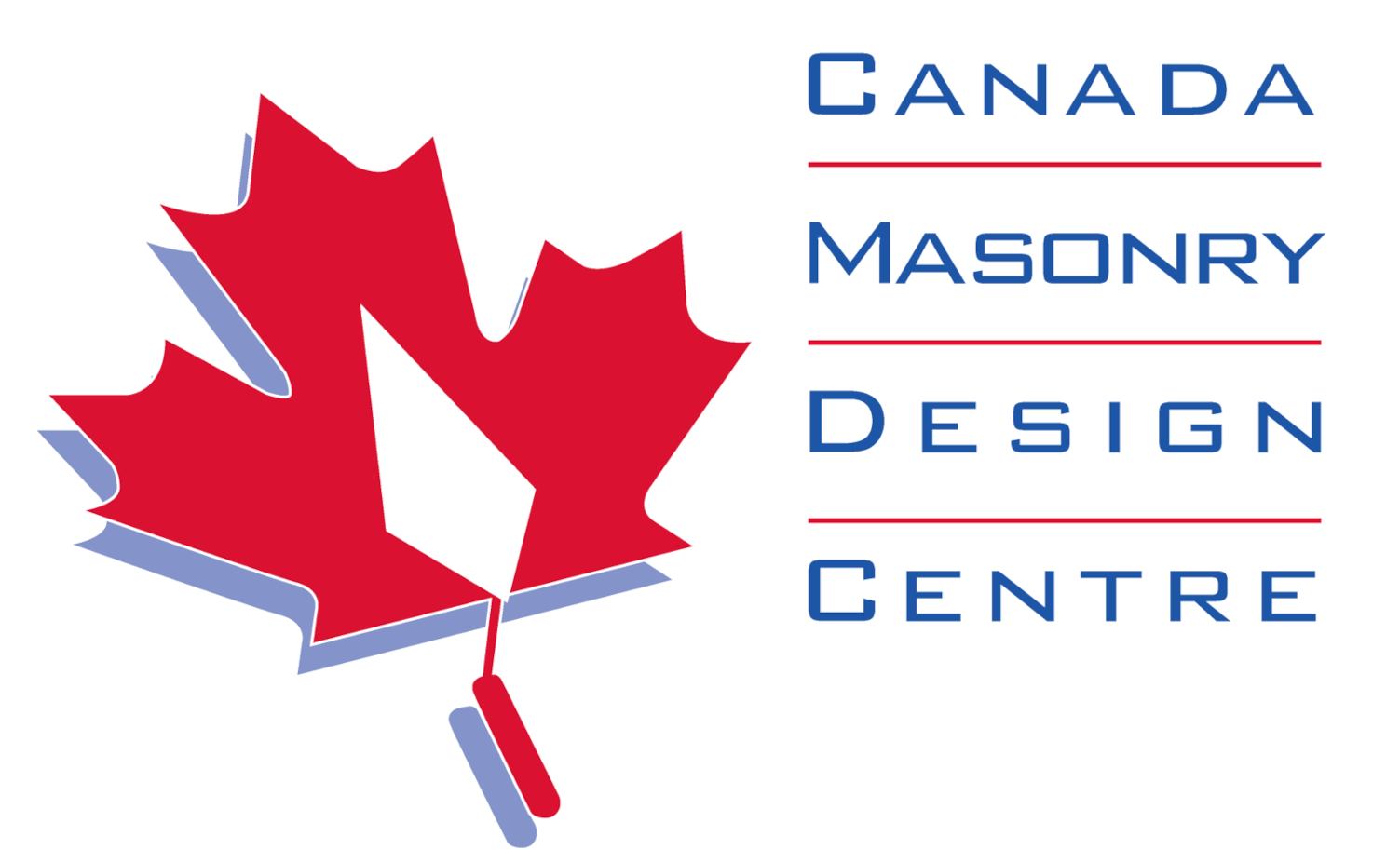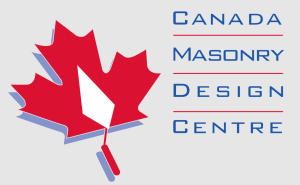Maryam Montazeri, and Ahmad Abo El Ezz
i PhD student, École de technologie supérieure, Université du Québec, Montreal, Canada, maryam.montazerighahjaverestan.1@ens.etsmtl.ca
ii Associate Professor, École de technologie supérieure, Université du Québec, Montreal, Canada, Ahmad.Abo-El-Ezz@etsmtl.ca
ABSTRACT
Buildings with unreinforced masonry bearing walls (URM buildings) are seismically vulnerable, providing insufficient resistance to lateral forces, as demonstrated by major earthquakes worldwide. Evaluating the seismic vulnerability and performance of these buildings is crucial in earthquake-prone regions with a high concentration of URM buildings. In Montreal, which experiences moderate to high seismicity, a considerable proportion of residential buildings include URM bearing walls, most constructed between 1850 and 1950. These buildings were typically made using a variety of materials, including natural stone, concrete, and clay, or were built with mixed structural systems combining masonry and wood elements. The popularity of these construction methods varied over time, making it important to assess the structural capacity and fragility performance of these buildings to understand regional-scale seismic risk in Montreal. Seismic risk assessment involves integrating regional hazard data, building inventories, and vulnerability analyses. This paper reviews the existing literature to define the characteristics of mixed structural systems in Montreal, focusing on trends in URM building construction over time. It examines how past studies have addressed these buildings in inventories, response analyses, or fragility functions, identifies gaps in current research, and outlines key resources to simplify and enhance the regional-scale seismic risk assessments of the city.
KEYWORDS: Unreinforced masonry bearing wall buildings, Plexes, mixed structural systems, regional seismic risk assessment, residential buildings.
040-Montazeri.pdf



